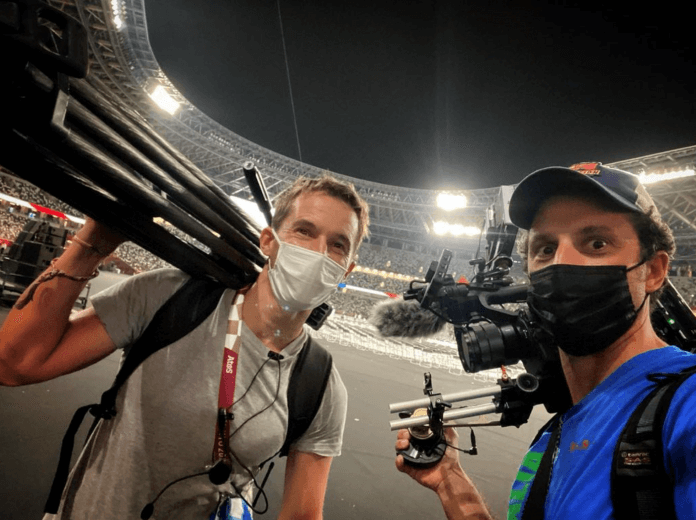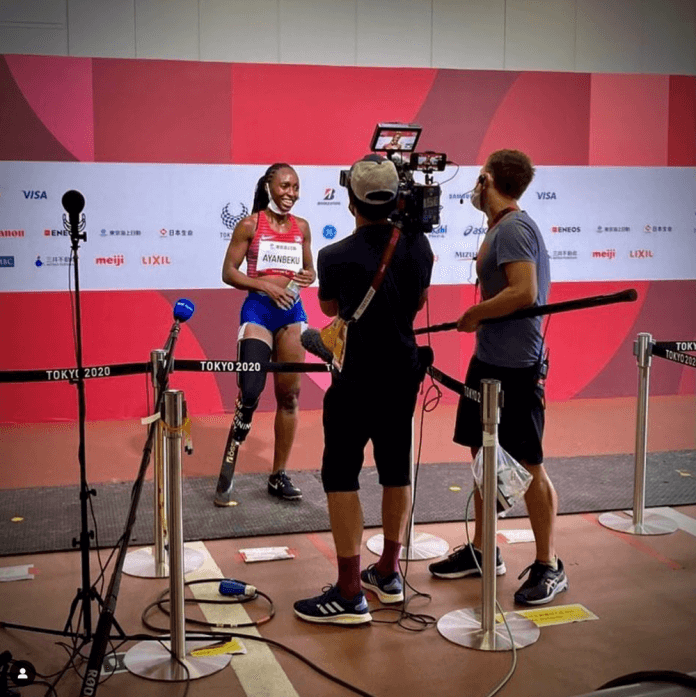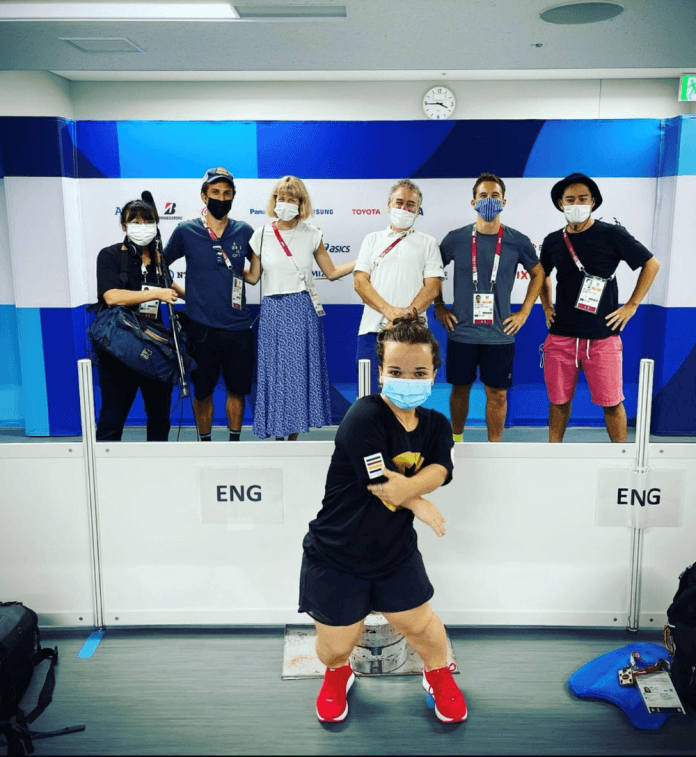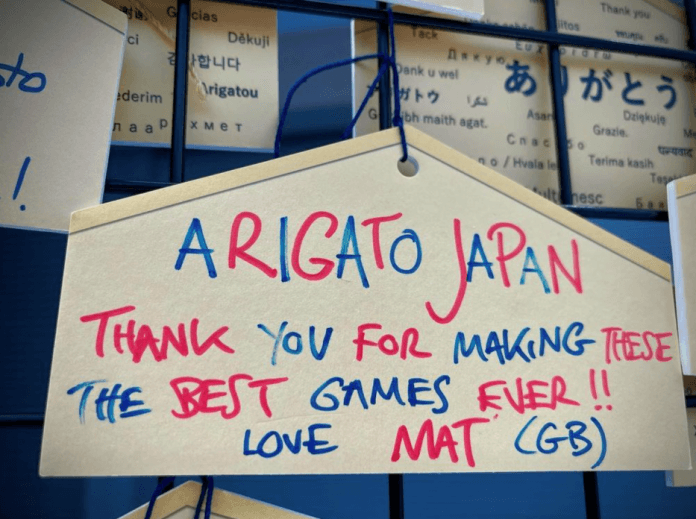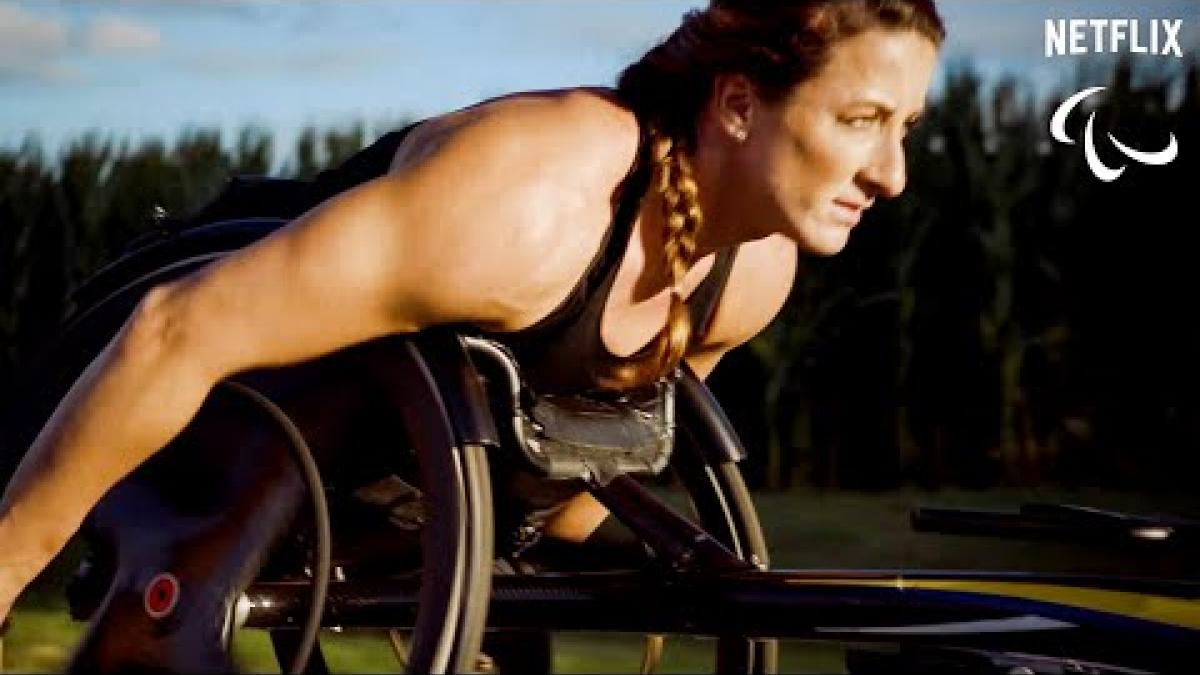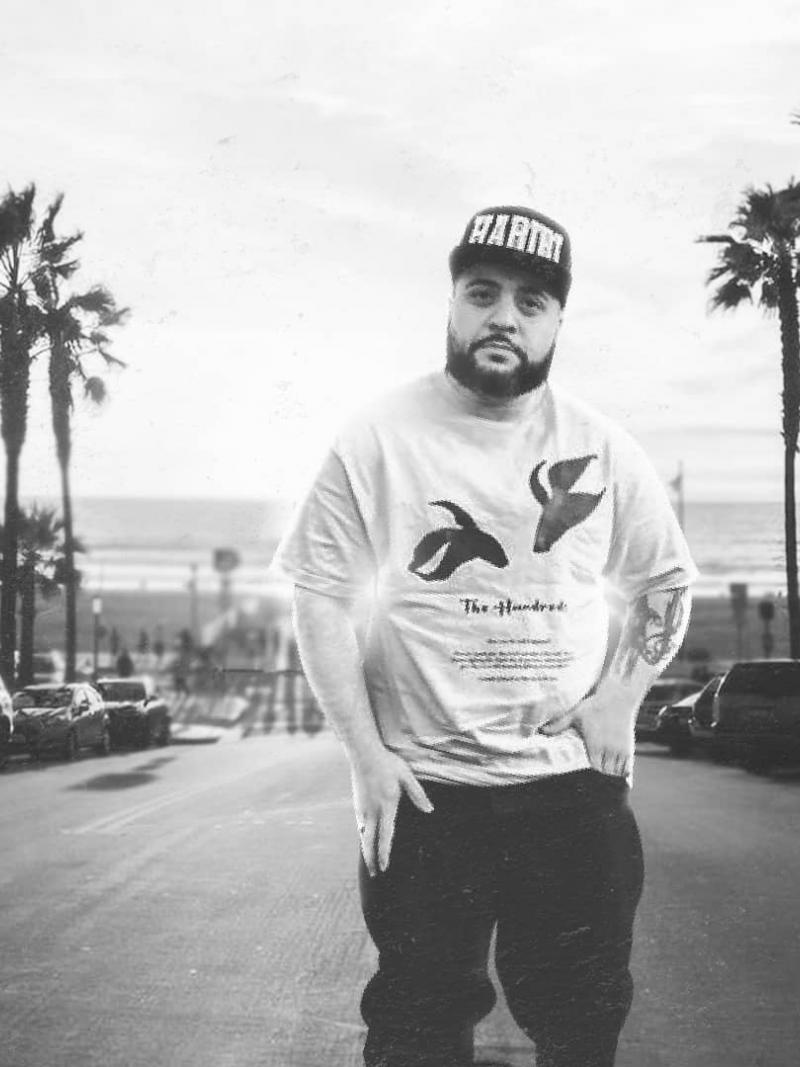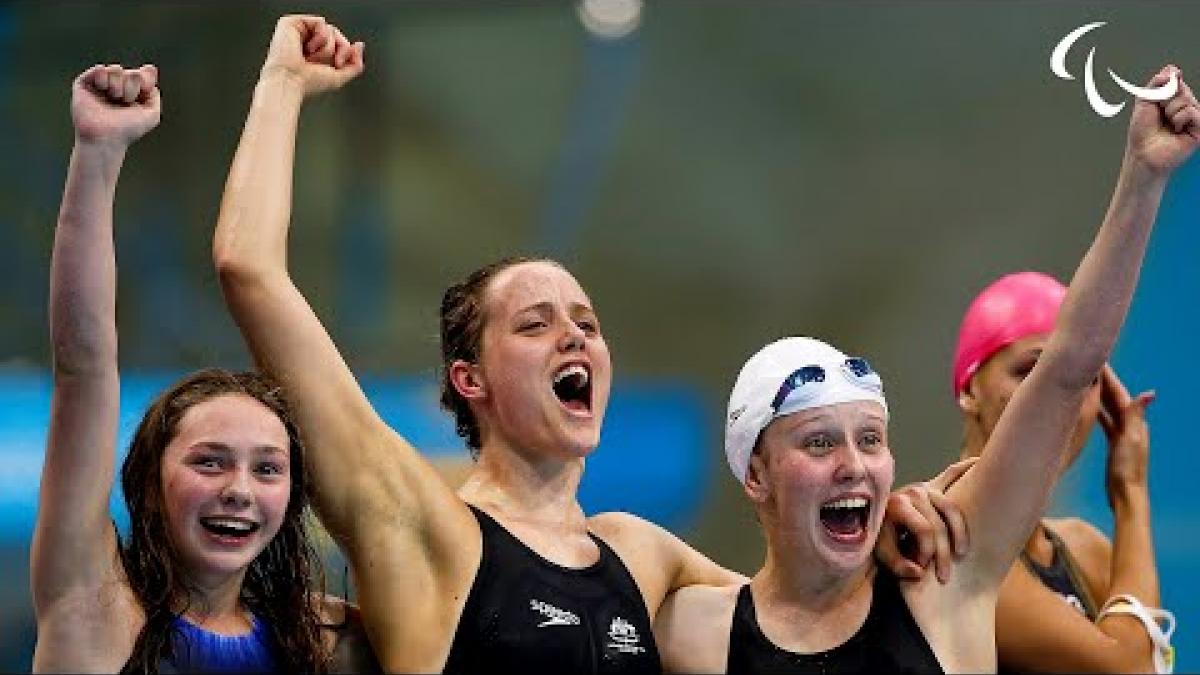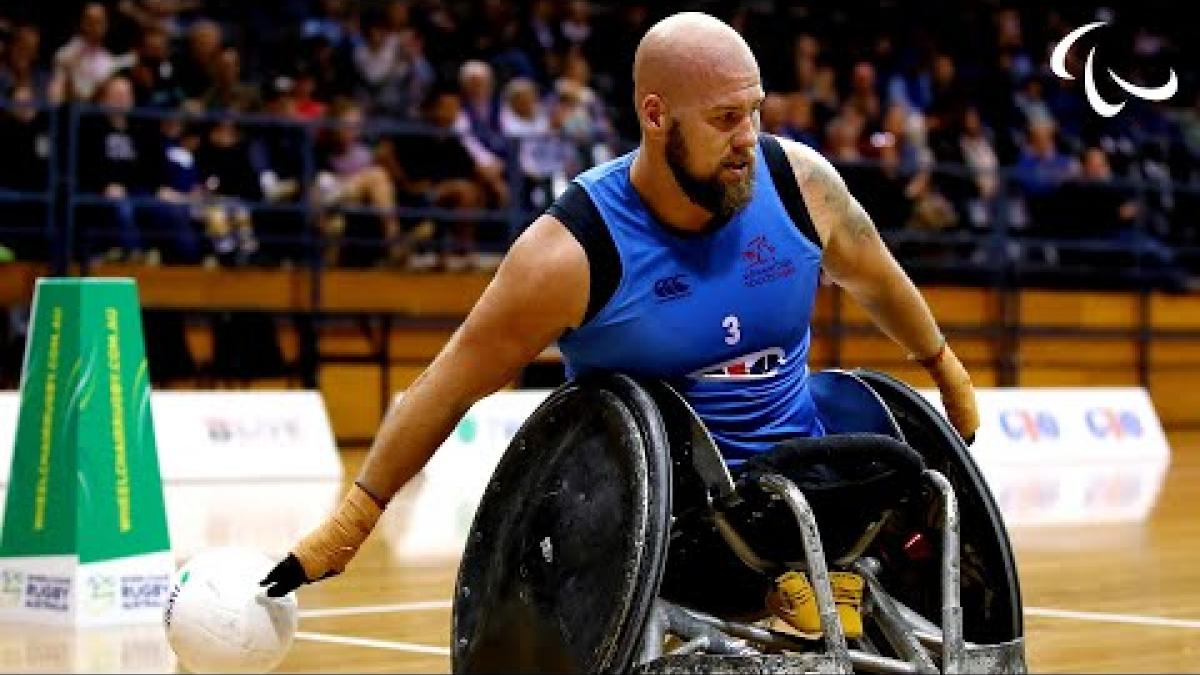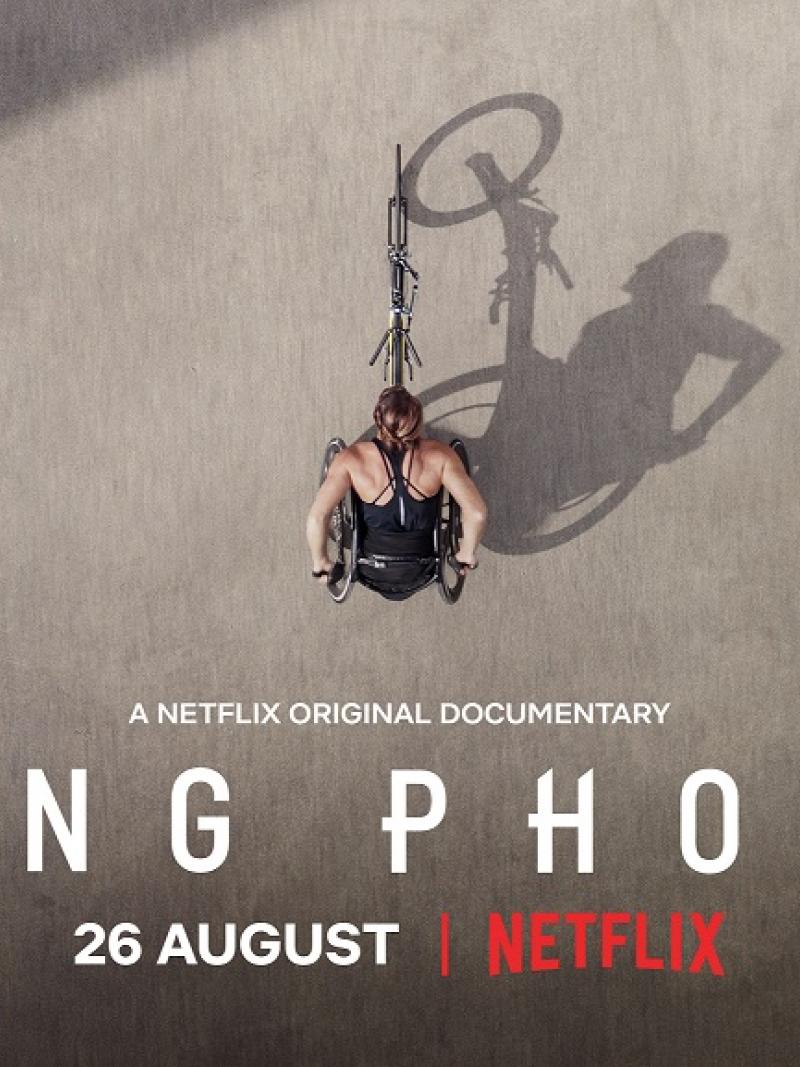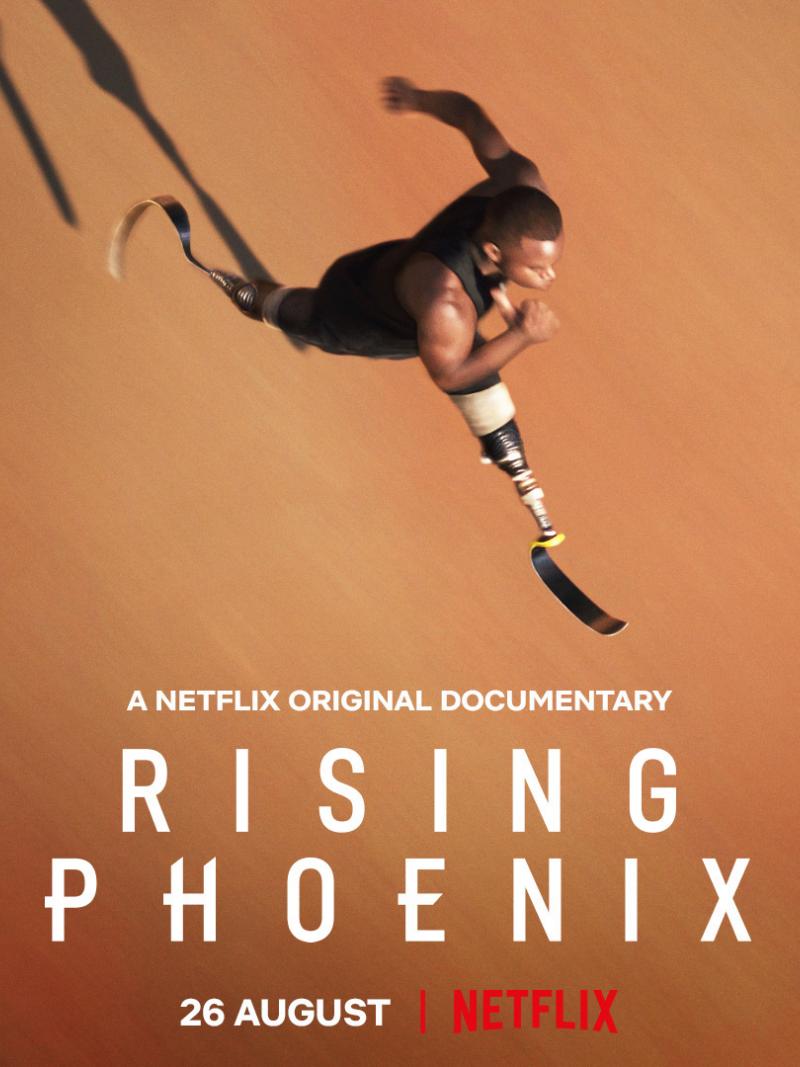Featured Para athletes double as filmmakers in new Rising Phoenix series
Film director Mat Whitecross said the new three-part television feature series follows the journeys of Paralympians from the start of the pandemic to the postponed Tokyo 2020 Paralympic Games 10 Aug 2022
Documentary film director Mat Whitecross and the team behind the new Rising Phoenix TV series took an unorthodox approach amid the COVID-19 pandemic to capture the athletes’ journeys to the Tokyo 2020 Paralympic Games.
They asked Para athletes to become their own filmmakers and give a glimpse into their lives by keeping a “diary” on their smartphones, as travel restrictions and lockdowns made it difficult for the crew to fly around the world to film.
The three-part television documentary, with the working title of Rising Phoenix: Tokyo, features 12 athletes from 11 countries, including U.S. high jumper Sam Grewe, Canadian Para swimmer Danielle Kisser and Afghanistan wheelchair basketball player Nilofar Bayat.
Co-directed by Bim Ajadi, the series highlights how Para athletes coped with the pandemic in the lead up to the delayed Tokyo Games. It is produced by the same company behind the Emmy award-winning feature-length documentary Rising Phoenix.
Is it possible?
When Whitecross was approached to direct the series in the first months of 2020, coronavirus had not yet spread around the globe. As the production team reached out to Para athletes from around the world, cases of COVID-19 infections increased worldwide.
The Tokyo Olympic and Paralympic Games were postponed for one year in March 2020.
“We asked ourselves the questions internally, ‘Should we go ahead, and can we go ahead with this project?’ ‘Is it possible?’ ‘Maybe we need to drop it?’” Whitecross recalled.
“But already I could see the quality of submissions was really good and some people were natural born storytellers.”
Athletes as storytellers
Instead of giving up on the project, the team contacted the athletes, asking them to record themselves on their smartphones once or twice a day as if they were “speaking to a friend".
Some athletes took the request to heart while others found it challenging to open up in front of the camera, Whitecross said.
“As a director I sympathise because I don’t like having cameras pointed at me. I’m not very comfortable in front of the cameras so there’s a reason I’m behind the camera rather than in front of it,” he said.
For Grewe, who won gold in the men’s high jump T63 at Tokyo 2020, recording himself every day was a challenging process.
“It was difficult for me to grasp that my daily activities were interesting enough to warrant recording them, even though that’s what the directors wanted,” he said.
“It was also difficult at the time to know what to say or to have new thoughts to put on camera. In the midst of lockdowns, there were often large periods of time where there wasn’t much stimulation or much to talk about."
On the opposite end of the scale, Canadian Para swimmer Kisser treated the recording process “a bit like a therapy,” Whitecross said.
She filmed building her own pool in the backyard to train in the early days of the pandemic and was ultimately named to Canada’s Tokyo 2020 team as a replacement for one of her teammates who pulled out due to injury.
Gold medals and heartbreaks
The production team contacted more than 700 Para athletes around the world before selecting the 12 athletes to be featured in the series.
Each of the three parts of the series focus on how COVID-19 affected the athletes, the competitiveness of the Paralympic Games and how the athletes performed at Tokyo 2020.
“As an outsider from the Paralympics, not being involved either as an organiser or as a competitor, I’m completely blown away by the dedication of the athletes and the heights that they reached despite all of the obstacles in their way,” Whitecross said.
“And there was no bigger obstacle than COVID so seeing them go through that, seeing the things that they overcame, I think it’s just incredibly inspiring and dramatic."
In addition to documenting the feats of two eventual gold medallists, Grewe and Para rower Birgit Skarstein of Norway, the series also captured some of the hardships and heartbreaks leading up to the Games.
British Para table tennis player Kim Daybell, who worked on the frontlines of the pandemic as a junior doctor, was unable to earn a spot at the Paralympics, while U.S. sprinter Femita Ayanbeku tested positive for COVID-19 before the Games and missed a week of training on the track.
Kisser said the series is a “great conversation starter” and well worth watching.
“It definitely develops off of the first Rising Phoenix, but I’d say it gives a glimpse into the lives of people with disabilities and not just the struggles in sport but struggles of life and what different athletes and people all over the world have to overcome,” she said.
Grewe echoed Kisser’s point, saying that he is excited for the world to hear the stories of the athletes.
“Viewers can expect to be inspired by our stories of perseverance, our abilities to overcome any obstacles that are put in front of us," he said. "I think viewers will have a much greater appreciation for the Paralympics and the Paralympic Movement after they see what goes on behind the scenes to make it all happen."
HARDER THAN YOU THINK, the company behind the series, is currently in the final process of its distribution.





